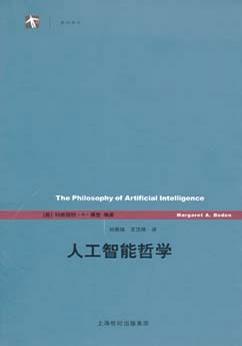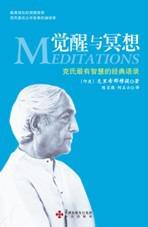-

The Extended Mind (Life and Mind
Where does the mind stop and the rest of the world begin? In their famous 1998 paper "The Extended Mind," philosophers Andy Clark and David Chalmers posed this question and answered it provocatively: cognitive processes "ain't all in the head." The environment has an active role in driving cognition; cognition is sometimes made up of neural, bodily, and environmental processes. Their argument excited a vigorous debate among philosophers, both supporters and detractors. This volume brings together for the first time the best responses to Clark and Chalmers's bold proposal. These responses, together with the original paper by Clark and Chalmers, offer a valuable overview of the latest research on the extended mind thesis. The contributors first discuss (and answer) objections raised to Clark and Chalmers's thesis. Andy Clark himself responds to critics in an essay that uses the movie Memento's amnesia-aiding notes and tattoos to illustrate the workings of the extended mind. Contributors then consider the different directions in which the extended mind project might be taken, including the need for an approach that focuses on cognitive activity and practice. -

Mind and Cosmos
In Mind and Cosmos Thomas Nagel argues that the widely accepted world view of materialist naturalism is untenable. The mind-body problem cannot be confined to the relation between animal minds and animal bodies. If materialism cannot accommodate consciousness and other mind-related aspects of reality, then we must abandon a purely materialist understanding of nature in general, extending to biology, evolutionary theory, and cosmology. Since minds are features of biological systems that have developed through evolution, the standard materialist version of evolutionary biology is fundamentally incomplete. And the cosmological history that led to the origin of life and the coming into existence of the conditions for evolution cannot be a merely materialist history. An adequate conception of nature would have to explain the appearance in the universe of materially irreducible conscious minds, as such. No such explanation is available, and the physical sciences, including molecular biology, cannot be expected to provide one. The book explores these problems through a general treatment of the obstacles to reductionism, with more specific application to the phenomena of consciousness, cognition, and value. The conclusion is that physics cannot be the theory of everything. -

人工智能哲学
《人工智能哲学》收集了人工智能研究领域著名学者的15篇代表性论文,这些论文为计算机科学的发展和人工智能哲学的建立做出了开创性的贡献。人工智能哲学是伴随现代信息理论和计算机技术发展起来的一个哲学分支。 -

物理世界中的心灵
本书是当代心灵哲学大家金在权对心灵形而上学核心问题,尤其是心身问题、心理因果性和还原论问题的系统回答。全书的主要观点是:任何试图拯救心理因果性的物理主义者必须做好回到物理主义还原论立场的准备。作者还讨论了随附物理主义、实现观点、突现学说和还原模型等其他一些相关论点。同时,作者还对解决心理因果性的各类非还原主义做出评论。 -

Mind and Cognition
First published in 1990, Mind and Cognition: An Anthology is now firmly established as a popular teaching apparatus for upper level undergraduate and graduate courses in the philosophy of mind. Brings together the most important classic and contemporary articles in philosophy of mind and cognition Completely revised and updated throughout, in response to feedback from teachers in the field Now includes 20 new readings Each updated part opens with a brief, synoptic introduction to the individual field and a comprehensive further reading list Each section also includes three to four of the most influential papers that have been written in the philosophy of mind over the last 40 years -

觉醒与冥想
在这个世界上,有没有一种生活方式可以让我们的日常生活彻底改变?有没有一种生活方式没有丝毫的冲突和约束?印度哲学大师克里希那穆提在本书中回答说,只有全身心地面对当下,去认真地倾听、观察和学习,才能获得对生命的清晰洞察,真正探寻到这些问题的本质:恐惧、冲突、友情、爱情、死亡和冥想,从而过上全然自由的生活。 本书为《克氏谈觉醒》与《克氏谈冥想》两本的合集,共收录克里希那穆提在美国、英国和瑞士的讲演实录,以及从往昔著作和演讲谈话中摘录出来的经典语录摘选,其中大部分为首次公开发表。大师以灵动而沉静的语言,论说全然自在的生活方式、清晰的洞察和行动、生死哲学观、以及如何透过日常冥想抵御恐惧。精读本书字字珠玑、发人深思的文字,读者将领略智慧思想的灵光、悟得神圣永恒的空性。